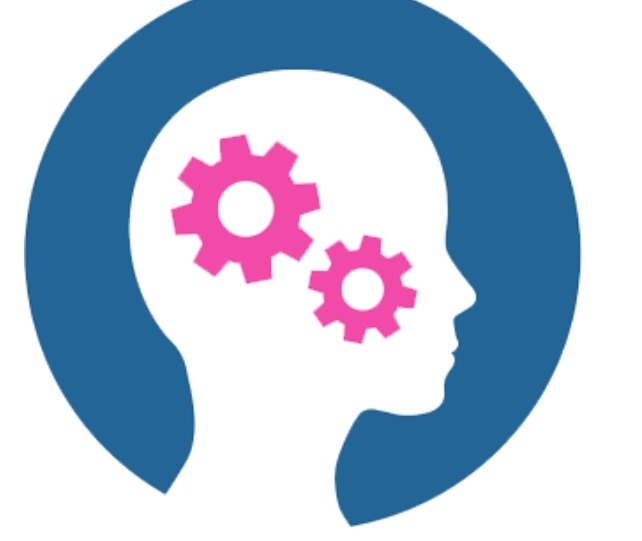Do you experience some anxiety when you think about undergoing psychological testing? It’s completely normal! If you or someone you care about is going to be affected by something unsettling in the future, it can help to have some idea of what to expect. Think of it like going to the doctor when you are feeling under the weather.
Just like a doctor might ask for blood tests to understand what’s wrong, psychologists use testing to peek into your mind and find the right way to help.
Key Points
- Psychological testing diagnoses various issues, including learning disabilities and relationship challenges.
- Testing is standardized, while assessment is a broader, more comprehensive approach.
- The process isn’t pass-or-fail but a tool for understanding individual needs.
- Only licensed clinical psychologists conduct these evaluations.
- Some psychologists both test and treat; others refer out for treatment.
- Holistic therapies use assessments to treat the whole person, considering all aspects of well-being.
- Various tools in holistic settings determine an individual’s needs and best treatment approach.
- Testing is a non-judgmental first step towards receiving help.
Why Psychological Testing?
There are a variety of reasons why psychologists use tests. Perhaps a child is having a difficult time in school. Is it a learning problem, or could it be ADHD?
Or perhaps someone is facing challenges at work or with friends. Is it about managing anger or certain personality traits? These tests help find answers.
Testing vs. Assessment: What’s the Difference?
You might hear the words ‘testing’ and ‘assessment’ a lot. They’re related but not twins! Testing uses official tools like questionnaires that are the same for everyone, whether you’re in New York or New Mexico.
Assessment is like a big umbrella. It includes tests, but also chats, looking at medical records, and sometimes talking to people who know you (only if you say it’s okay!). The aim? To see the full picture.
What’s Going to Happen?
No need to bite your nails – psychological testing isn’t about passing or failing. It’s more like having a chat with some multiple-choice questions in the mix.
No cramming needed, and trying to outsmart the test isn’t wise. It could mess up the results and make it tricky for the psychologist to lend a hand.
Who’s in Charge of Testing?
Only special people called licensed clinical psychologists can do these assessments. They know the ins and outs of these tests and what the results mean.
Some might test you and then help you further, while others might send you to a different expert after figuring out what’s up.
Holistic Therapy and Testing
Now, let’s chat about holistic therapies. This way of helping looks at every part of you – your body, feelings, thoughts, and how you get along with others. Psychological testing is a big piece of this puzzle. It lets the therapist see any hidden issues you might be dealing with.
In a holistic therapy setting, therapists use different tests and tools to get to know your behavior, thoughts, and feelings. They’ll ask about how you’re feeling and watch how you interact. All this info helps them decide the best way to make you feel better.
Takeaways
Psychological testing and assessment are like helpers on your journey to feeling good. They’re not monsters under the bed – there’s nothing to be scared of! It’s not about sticking labels on you; it’s about getting to know the real you.
So, if you or someone you know has been pointed towards testing, think of it as stepping onto a path leading to a happier you. It’s all about understanding what’s happening inside and using that knowledge to find the best way forward. Remember, every step you take is a move towards a brighter, healthier future!

